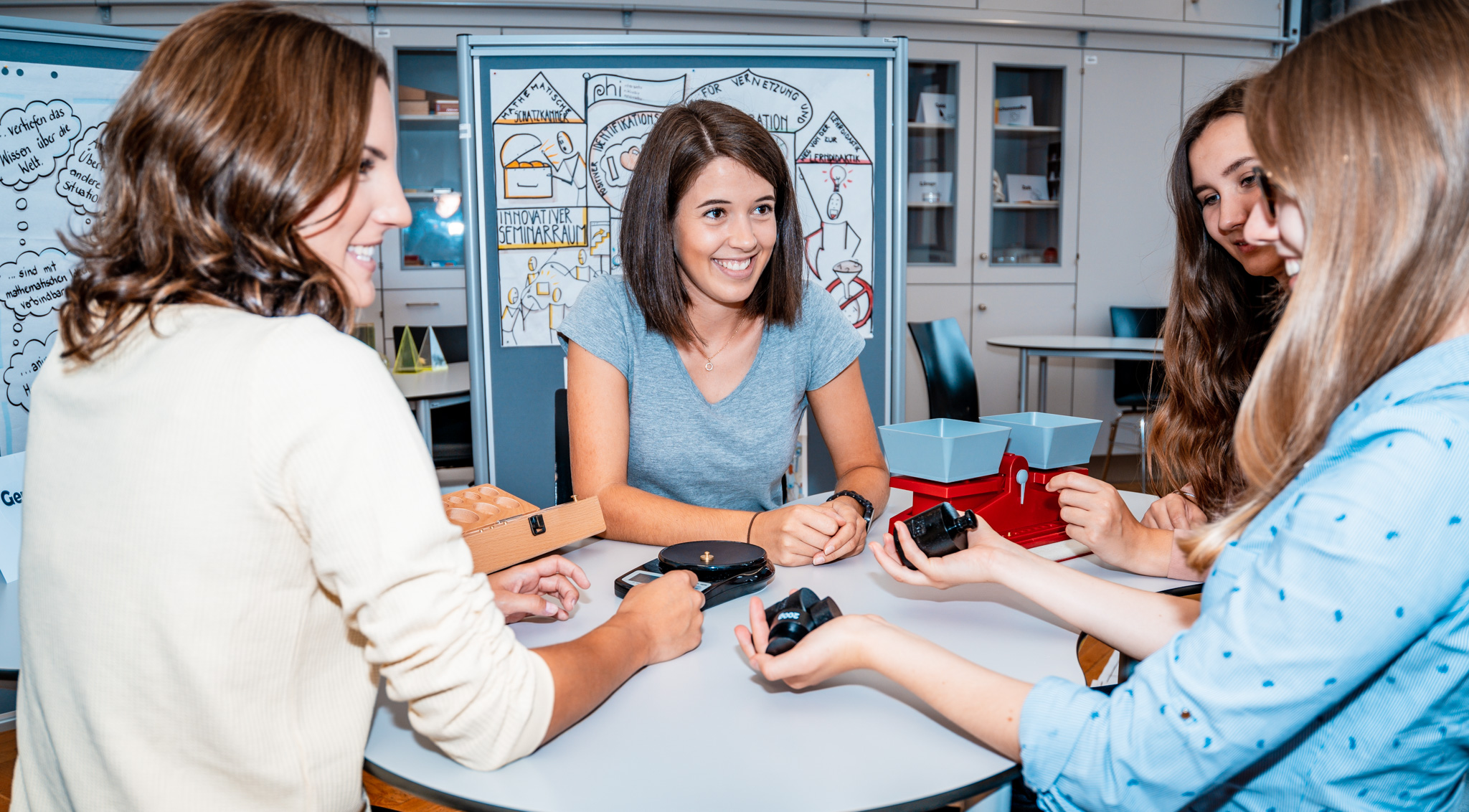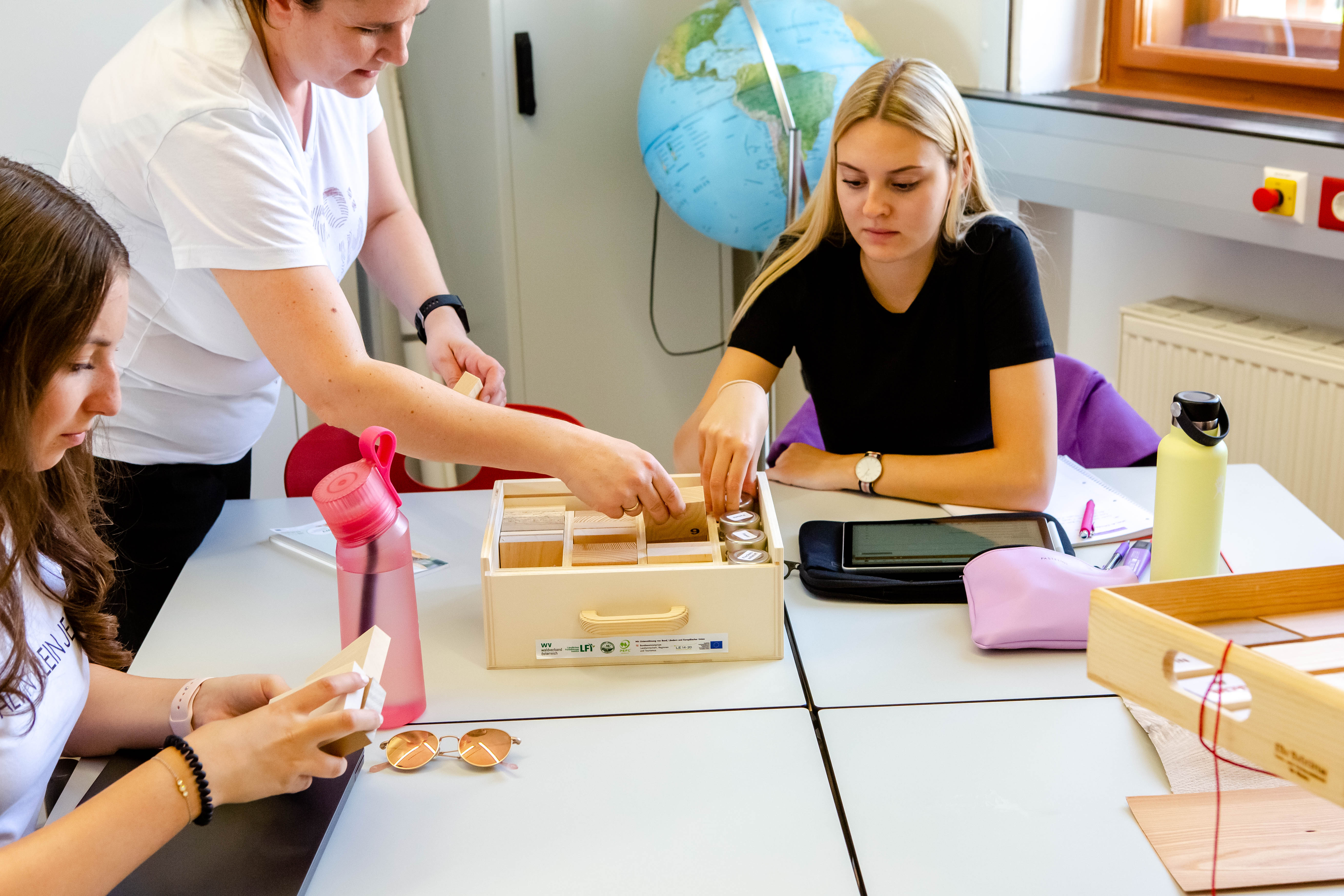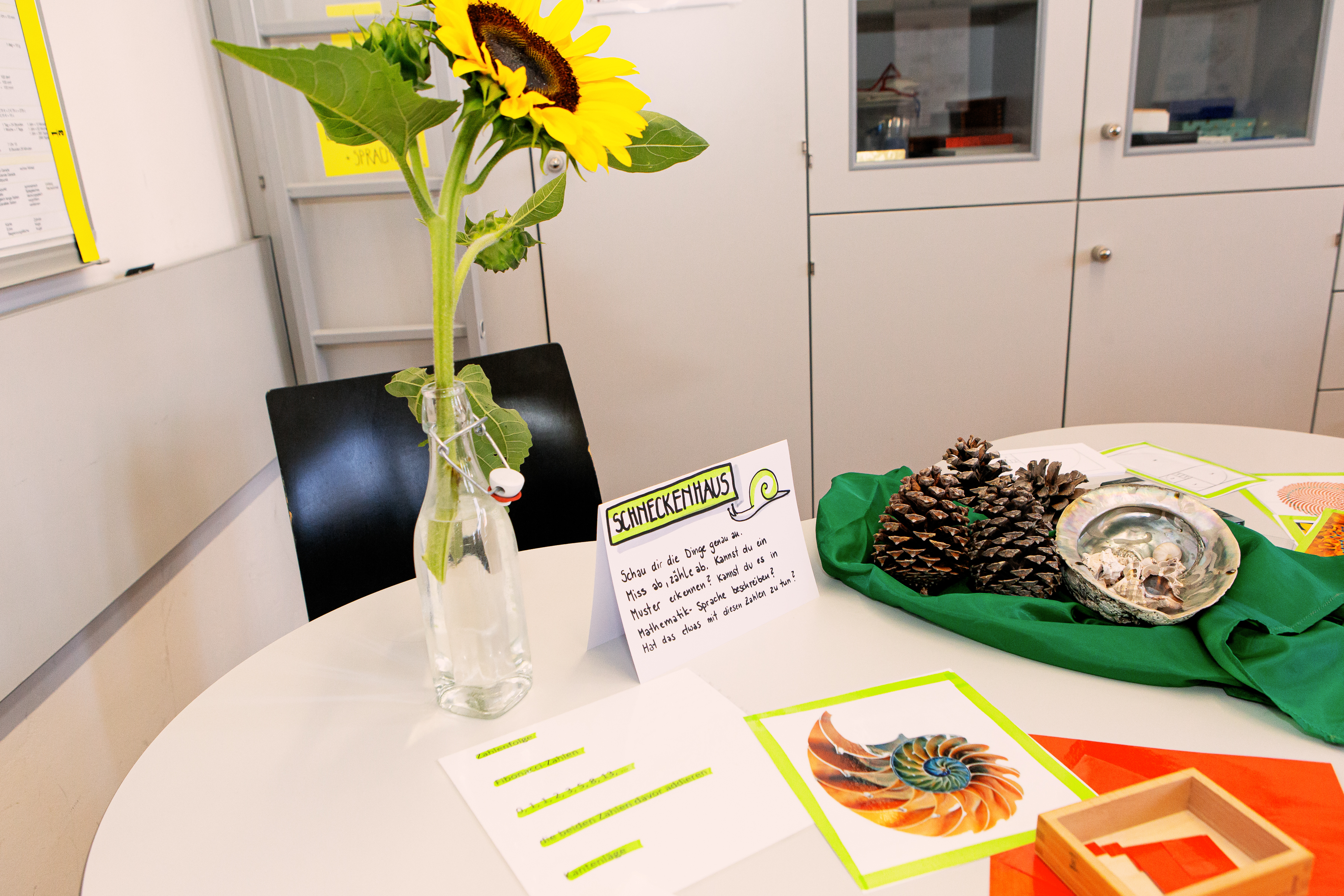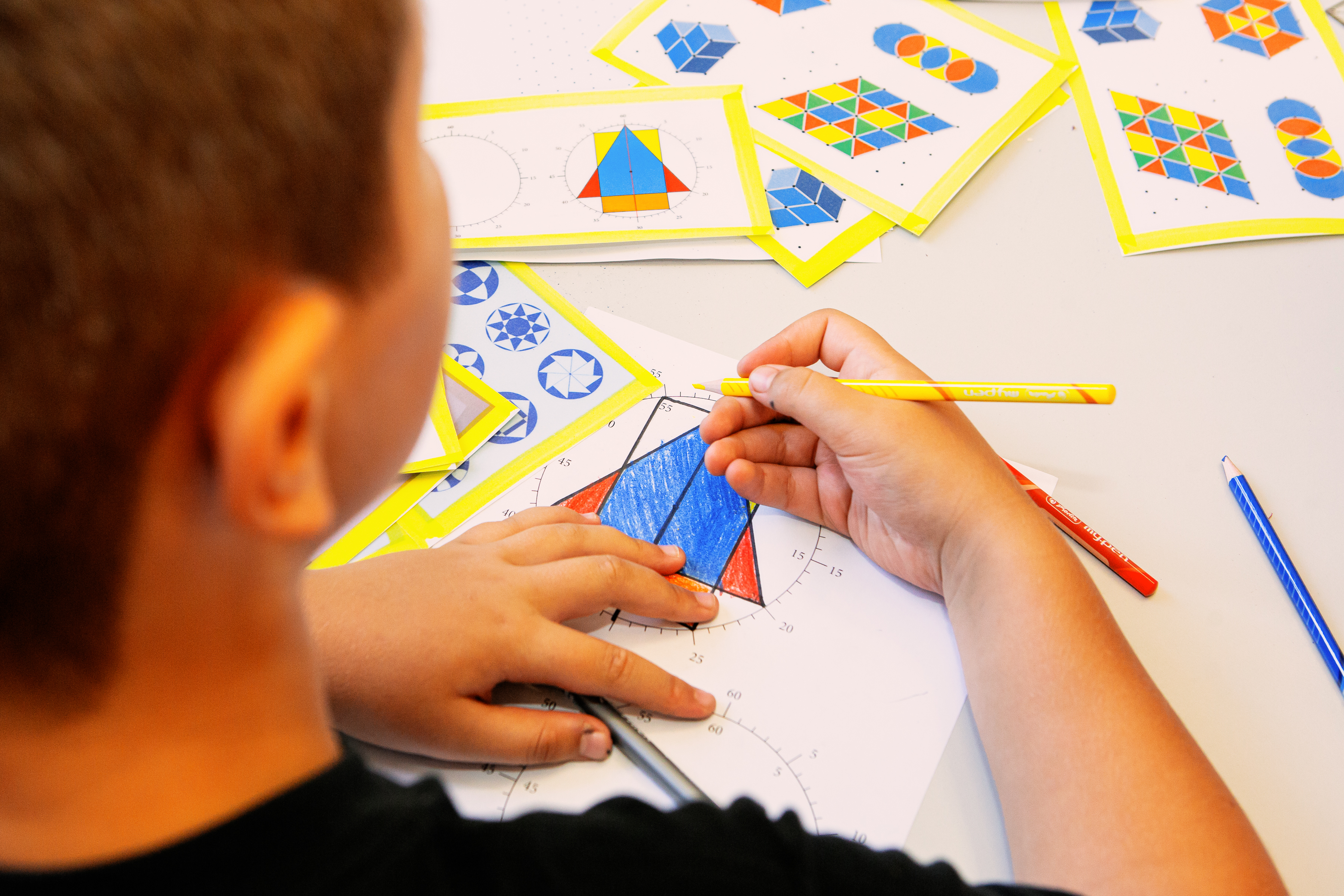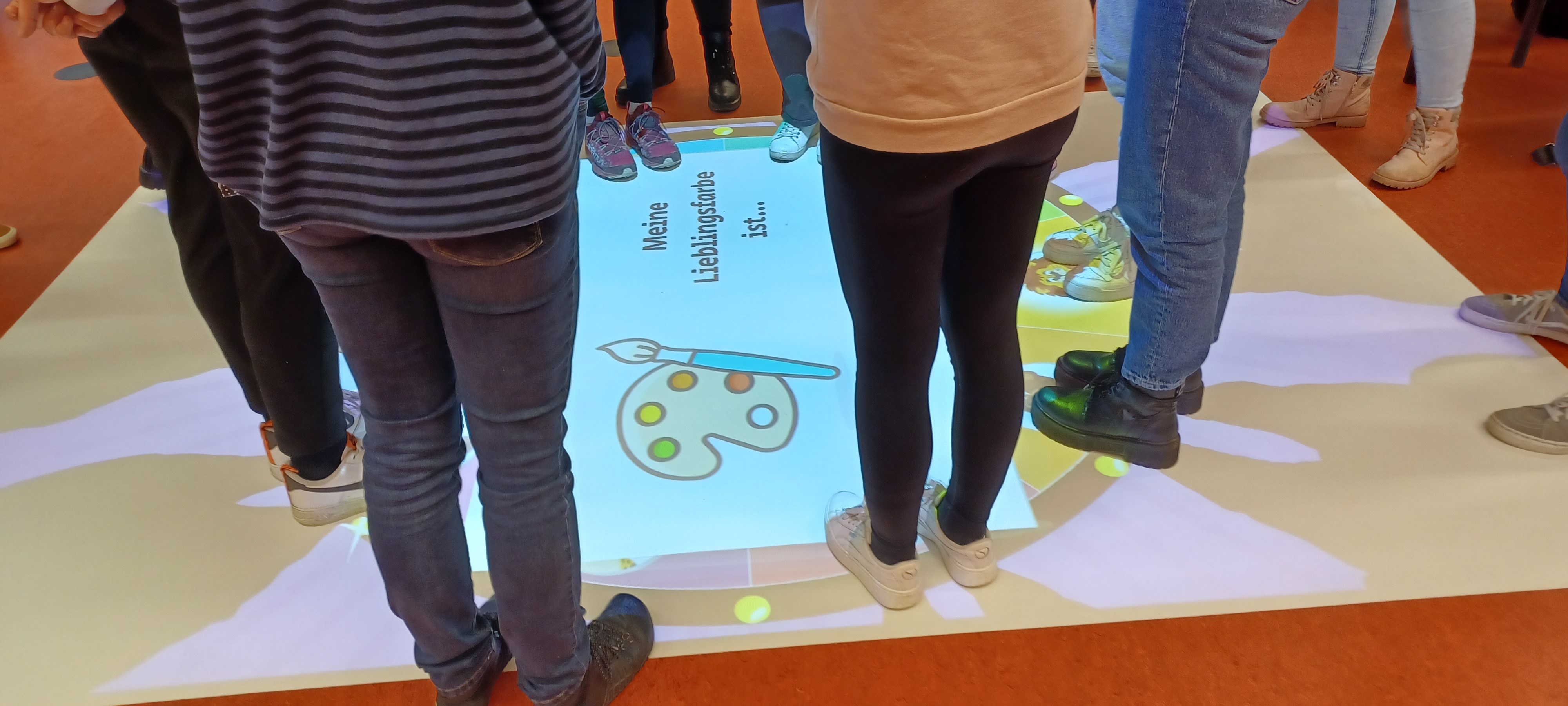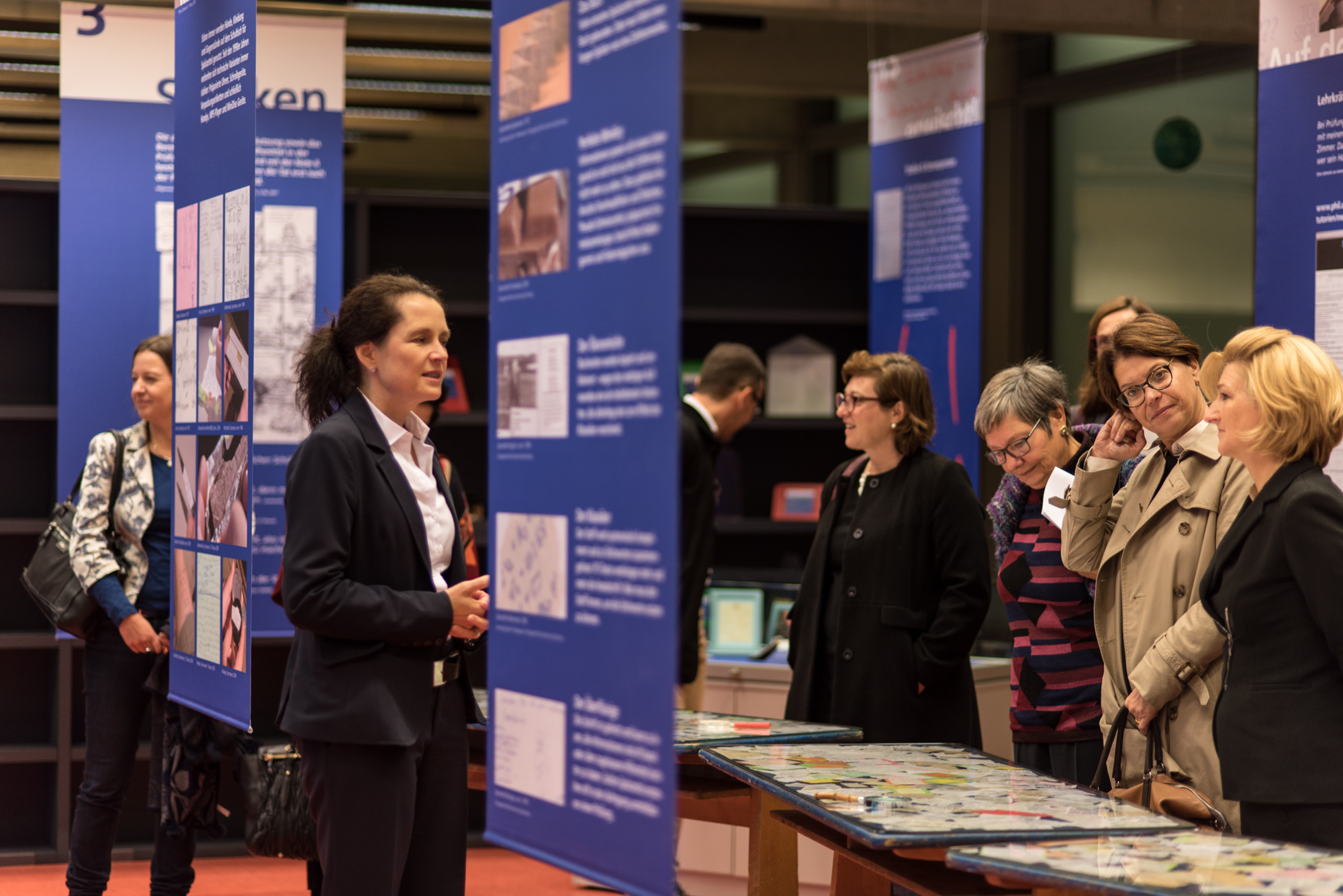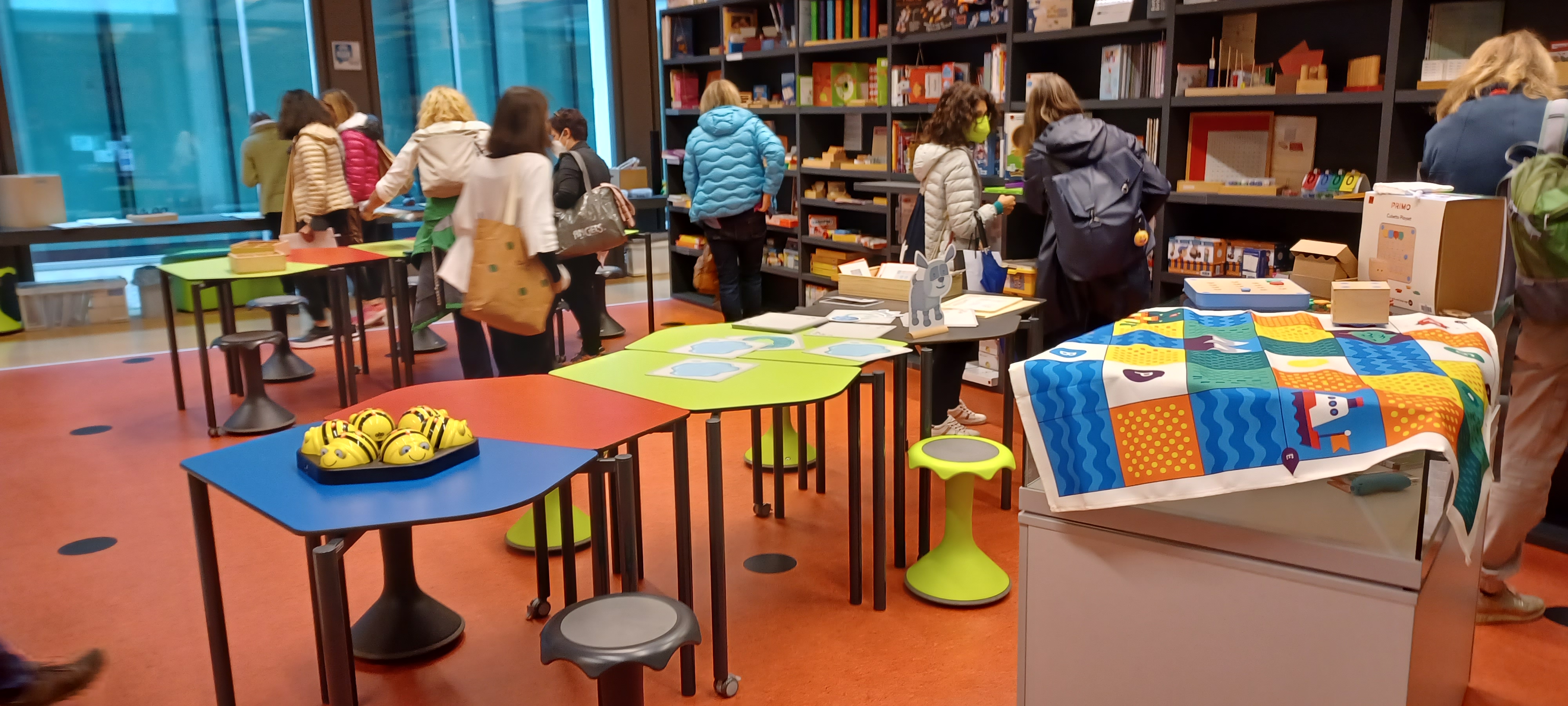- Start
- NeHle e.V.
- Hochschullernwerkstätten
- Tagungen
- Übersicht
- 2026 - Aufbruch
- 2025 - Halle
- 2024 - Graz
- 2023 - Trier
- 2022 - Frankfurt (digital)
- 2021 - Saarbrücken (digital)
- 2020 - Wien
- 2019 - Brixen
- 2018 - Erfurt
- 2017 - Bremen
- 2016 - Saarbrücken
- 2015 - Osnabrück
- 2014 - Berlin
- 2013 - Solothurn/Brugg
- 2012 - Siegen
- 2011 - Kassel
- 2010 - Linz
- 2009 - Halle
- 2008 - Berlin
- Literatur
- Kontakt
Roles and Role Changes
In "Hochschullernwerkstätten", different individuals (and groups) take on different roles and, within those roles, different, alternating functions. The different individuals (and groups) include students, children and young people, educators, parents and lecturers. The roles and functions are determined by setting of the "Hochschullernwerkstatt". They diverge depending on the orientation of the teaching-learning arrangement or the accompanying research. The term ‘role’, borrowed from the theatre, refers to ‘more or less complex systems of expectations [...] that a group or society imposes on the holder of a social position (e.g. a teacher or lecturer)’ (Perrez et al. 2006, 394). The term function refers to the activities (cf. Hildebrandt et al. 2014) that individuals perform. Roles and functions exist independently of groups of individuals and subsume patterns of behaviour that are attributed to the holders in certain social situations. There are numerous differentiations and nuances in the roles and functions of individual persons (and groups of persons), which are illustrated below with reference to the group of students in "Hochschullernwerkstätten" (for the group of lecturers, cf. Peschel & Kihm 2020, 303f.):
- The group of students in "Hochschullernwerkstätten" takes on the role of ‘supporting others' learning (teaching),’ among others, and assumes the function of supporting the learning of others according to the principles of "Lernwerkstattarbeit".
- In the role of ‘supporting others' learning (learning),’ students act as learners within the framework of the "Hochschullernwerkstatt" and gather (teaching) learning process experiences (function).
- In the role of ‘student,’ they reflect on their own learning, the learning of others and the support of others' learning in interaction with other roles and functions on a meta-level (function) in order to reflect on the educational potential of "Hochschullernwerkstätten".
- In the role of ‘researcher,’ students use the "Hochschullernwerkstatt" as a field of access to methodically research the action-oriented pedagogical real-life situations that take place there under various focal points (e.g., communication design or role-playing) (function).
- The role of ‘pupil’ means that students (also) gain practical experience in the "(Hochschul)Lernwerkstatt" itself, whereby the focus is less on the meta-level of their own learning process (as in the role of ‘student’) and more on the acquisition of specialist knowledge itself.
There are situations in which different roles and functions are (must be, should be) fulfilled, which can also lead to conflicts. The assumption and assignment of roles is not always transparent, consistent or goal-oriented, but is negotiated in a situation of interaction between the participants. The aim of training in "Hochschullernwerkstätten" is therefore not only to recognise and fulfil roles, but in particular to change roles and consciously reflect on what happens during these role changes.
Lead author: Pascal Kihm
© 2024 lernwerkstatt.info | Impressum | Datenschutzerklärung |



